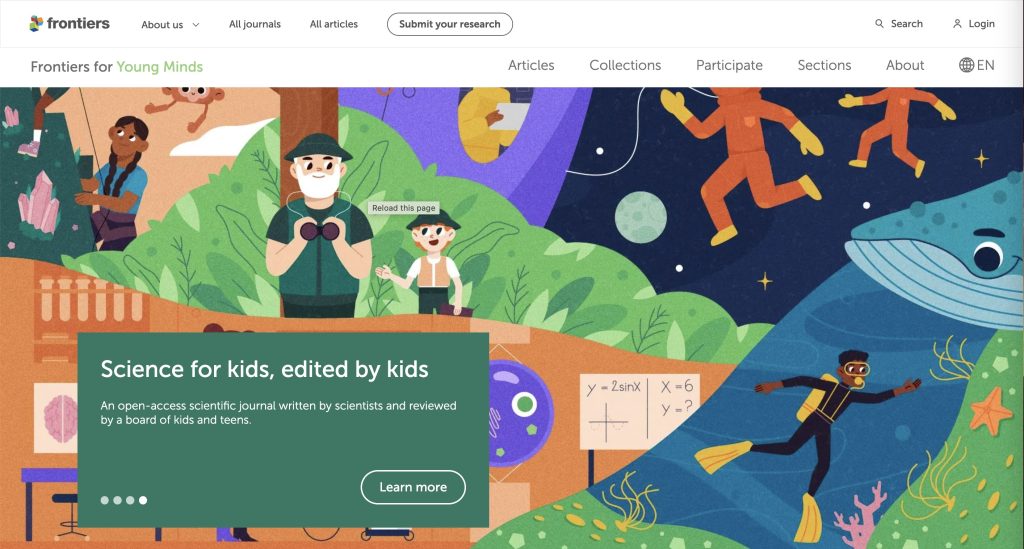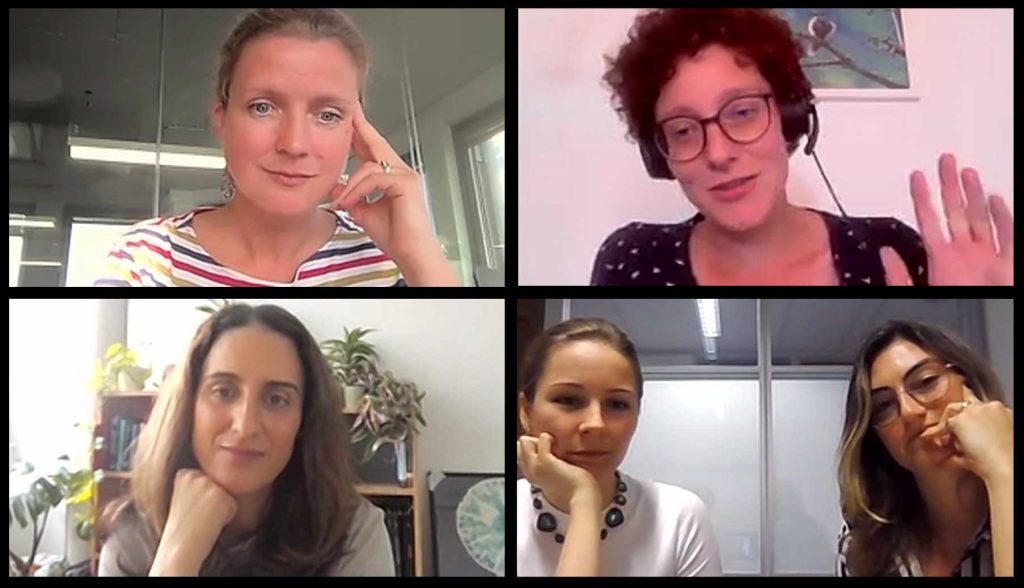Open Education Global (OE Global) is seeking an exceptional candidate for the Program Director of the Community College Consortium for OER (CCCOER).
CCCOER is a robust nucleus of over 105 pioneering community colleges that have been joining Open Education Global since 2012 to learn and share best practices for creating equitable and sustainable open education programs. The Community College Consortium for OER (affectionately known as CCCOER) has emerged as a vibrant and leading voice for open education, with members across 37 North American states and provinces representing hundreds of colleges striving to lower barriers to student success through OER and open pedagogy.
“The last decade has seen considerable growth in the adoption of open educational resources and practices that lower barriers to student access and success,” says current Program Director, Una Daly. “Community colleges have led the way with their mission of open enrollment and the vision that students, particularly those from traditionally underserved communities, can succeed in their educational and career goals. It has been my privilege to play a role in this work and be part of the wonderful CCCOER community where we’ve learned how to become better open education leaders working together.”
OEGlobal is seeking a passionate, experienced open education leader to join our team to advance the field of open education at community and technical colleges across North America. The program director will manage the daily operations of CCCOER, and liaise with multiple internal and external stakeholders to OE Global, working with members to develop and lead the next phase of open education innovation. They will closely coordinate with the OE Global Co-Executive Directors and the CCCOER Executive Council to support community engagement, communications, long-term planning, and fiscal sustainability.
OEGlobal is committed to diversity and multiculturalism, and we welcome applications from all who meet the requirements. Studies have shown that people marginalized by racism and/or sexism are less likely to apply for jobs unless they meet every listed qualification. If you are unsure if you meet the listed requirements but believe you can perform the job as described, we encourage you to apply.
The position is a full-time virtual position reporting to the Executive Directors of Open Education Global. Deadline for applications: August 21, 2023
If you have any questions regarding this position, please email jobs@oeglobal.org. View the full job posting for responsibilities, qualifications, and compensation details. Feel free to share this opportunity with someone you feel will fit the post.
@OpenEdGlobal is seeking exceptional and passionate candidates for the Program Director of the Community College Consortium for OER @CCCOER – Read more here: https://oeg.pub/CCCOERjob
Tweet
Discuss in OEG Connect
On OEG Connect, you can chat with the open education tribe and discuss what is important to you. Share your thoughts by clicking the reply button below!


